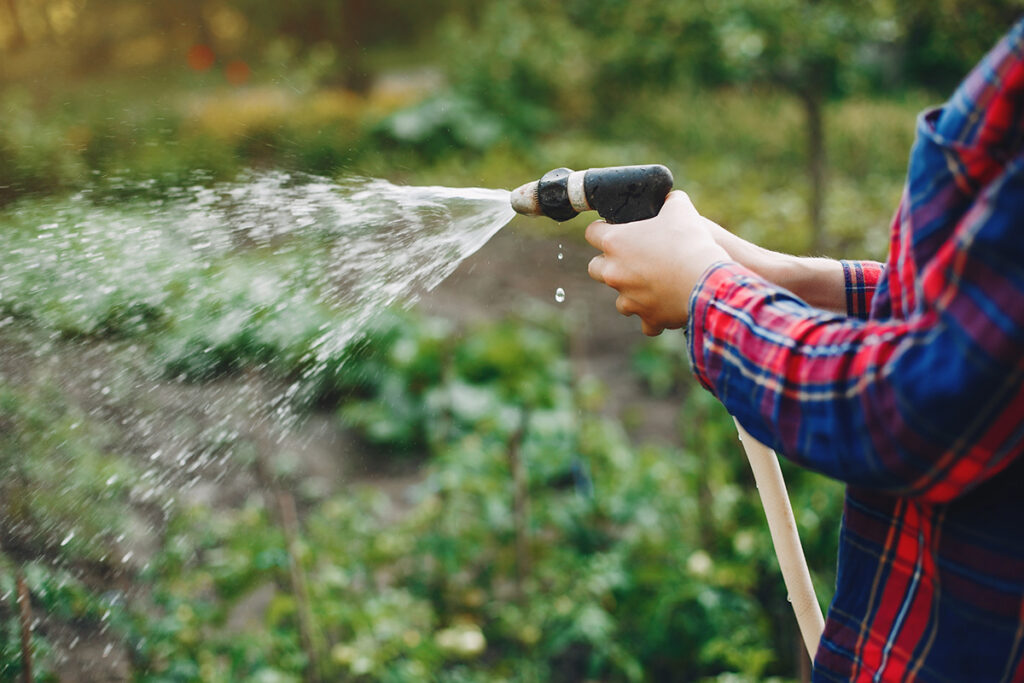Irrigation
WATER AS NATURAL
RESOURCE
Introduction
Climate change will escalate current hazards, particularly in areas with existing water scarcity concerns, especially in regions where water scarcity is already a concern. Knowledge of previous adaptation strategies and related risks can aid in creating effective water management systems aimed at both urban and agricultural sectors.
Description
Water stress is a situation where there is not enough water of sufficient quality to meet the demands of people and the environment (reality in many parts of Europe). The EEA report says: “Droughts and water scarcity are no longer rare or extreme events in Europe, and about 20% of its territory and 30% of the Europeans are affected by water stress during an average year.” Climate change is expected to make the problem worse. In those areas, agriculture, public water supply and tourism put the main pressures on water availability with significant seasonal peak in summer. Overall, European cities need to strengthen the resilience of their ecosystems and use water more efficiently to minimise the impacts of water stress on people and the environment. Policies and regulations at European level are in place and cities are more and more implementing adaptation plans, but their effectiveness need to be improved.
One way of managing the issue is applying smart irrigation practices by citizens:
- Mulch the garden – mulch can keep up to 70% more water in the soil.
- Use drip irrigation systems instead of sprinklers.
- Beware of using green lawn clippings. Better to put them into the compost pile and let them break down.
- Do not overuse sprinklers in hot weather. Your lawn only really needs watering once a week and it is better to water in the morning when evaporation is less.
- Collect rainwater.


